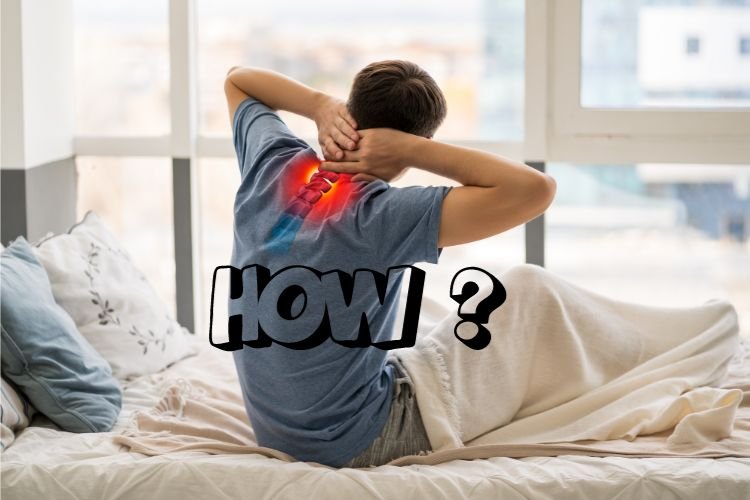Mood Changes After Concussions: The Positive Impact of Upper Cervical Care
Concussions, often dismissed as minor injuries, can have profound and lasting effects on an individual’s mood and emotional well-being. The symptoms may not always be visible but can significantly disrupt daily life.
In the journey to recovery, upper cervical chiropractic care, as practiced by Dr. Amanthi Demuth in Sartell, MN, presents a promising avenue for addressing these changes.
The Aftermath of a Concussion
While physical symptoms like headaches or dizziness are commonly associated with concussions, mood changes are an equally critical aspect:
Depression: Feelings of sadness or hopelessness post-concussion are not uncommon.
Anxiety: Increased worry or anxiety can also be a significant outcome.
Irritability: Many individuals may experience a shorter temper or increased irritability.
The Upper Cervical Spine: a Link to Emotional Well-being
The upper cervical region, particularly the atlas and axis vertebrae, is intricately connected to the brain and nervous system.
Misalignments here can:
Affect Neurological Functioning: Which can influence mood and emotional regulation.
Impair Circulation: Potentially affecting brain function and contributing to mood changes.
Exacerbate Stress Response: Leading to heightened emotional reactions.
How Upper Cervical Care Can Help
A Path to Balanced Well-being
Restoring Alignment: Adjustments in the upper cervical area can improve neurological function, potentially stabilizing mood fluctuations.
Reducing Physical Stress: Alleviating physical discomfort contributes to overall emotional wellness.
Holistic Approach: Dr. Demuth’s care extends to lifestyle advice, including stress management and nutritional guidance.
The Evidence Base: Clinical Insights
Studies have begun to shed light on the benefits of chiropractic care for post-concussion symptoms, including mood changes.
Patients often report feeling calmer and more emotionally balanced following a course of upper cervical chiropractic treatment.
Beyond Adjustments: a Comprehensive Approach
While upper cervical care is central, it's often part of a broader strategy:
Cognitive Behavioral Therapy (CBT): For managing anxiety or depressive symptoms.
Mindfulness Practices: Techniques like meditation can aid in emotional regulation.
Physical Activity: Regular, gentle exercise can boost mood and aid in concussion recovery.
Educational Note: This article provides a general overview and should not replace professional medical advice. Consult with healthcare professionals like Dr. Demuth for personalized care suited to your specific health needs.
Embracing a Holistic Path to Recovery
If you or someone you know is experiencing mood changes following a concussion, upper cervical chiropractic care might offer a new perspective on recovery.
Dr. Amanthi Demuth’s clinic in Sartell is dedicated to providing patient-centric care, addressing both the physical and emotional facets of post-concussion symptoms.






